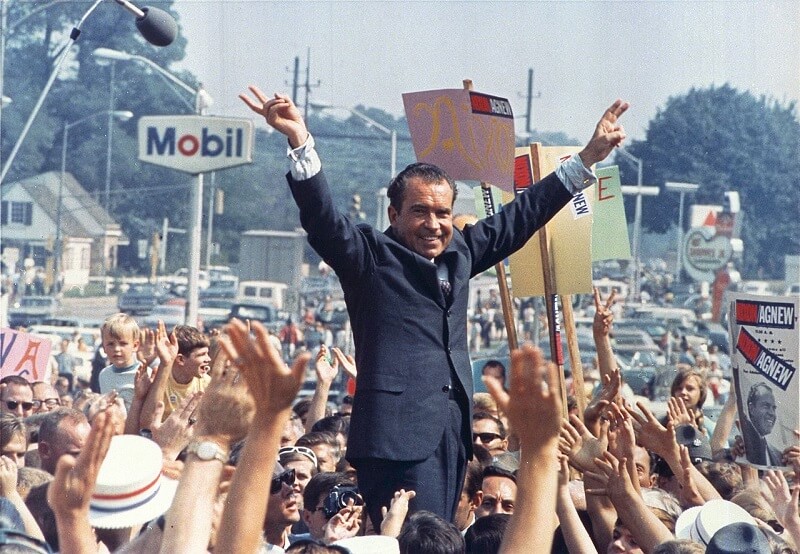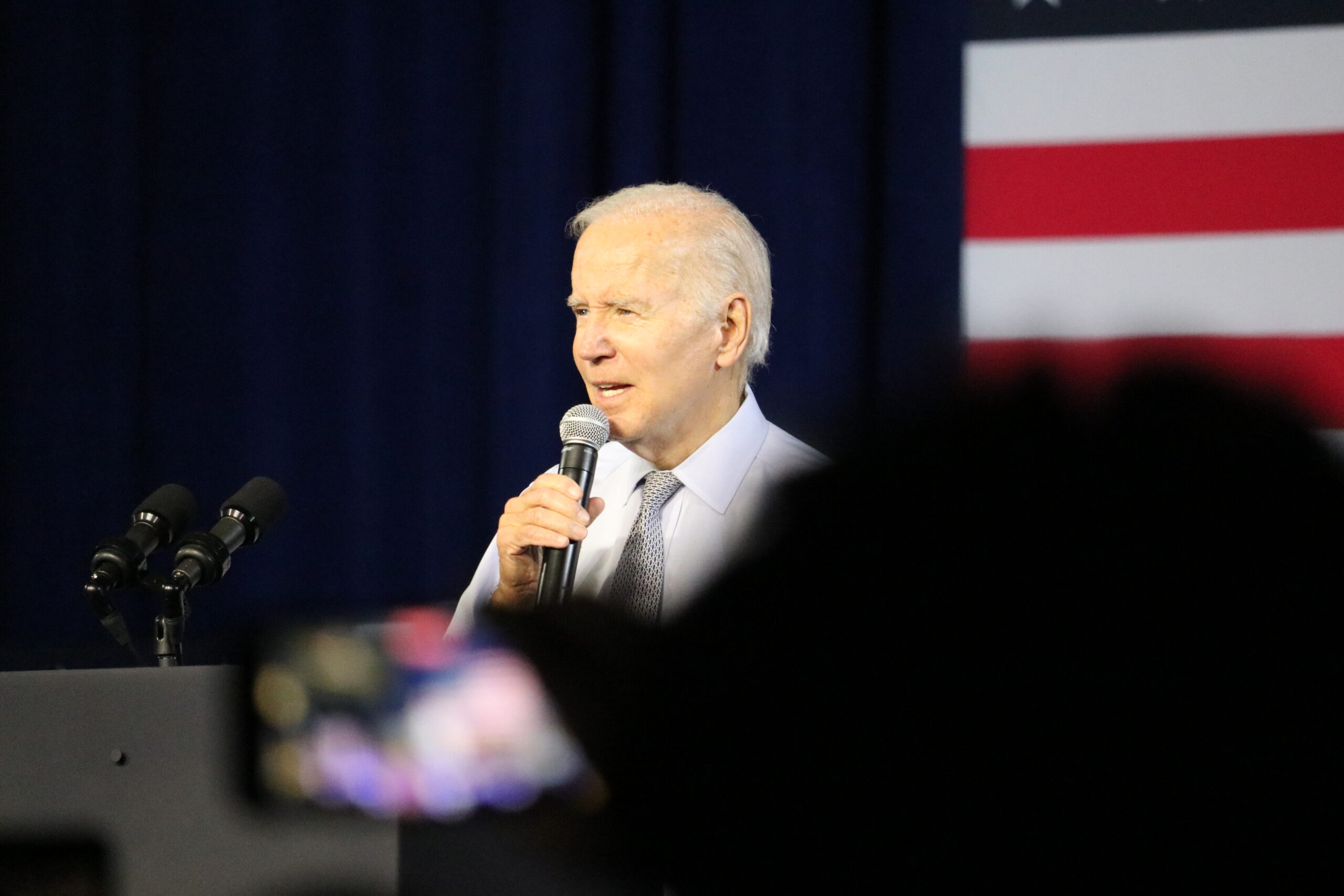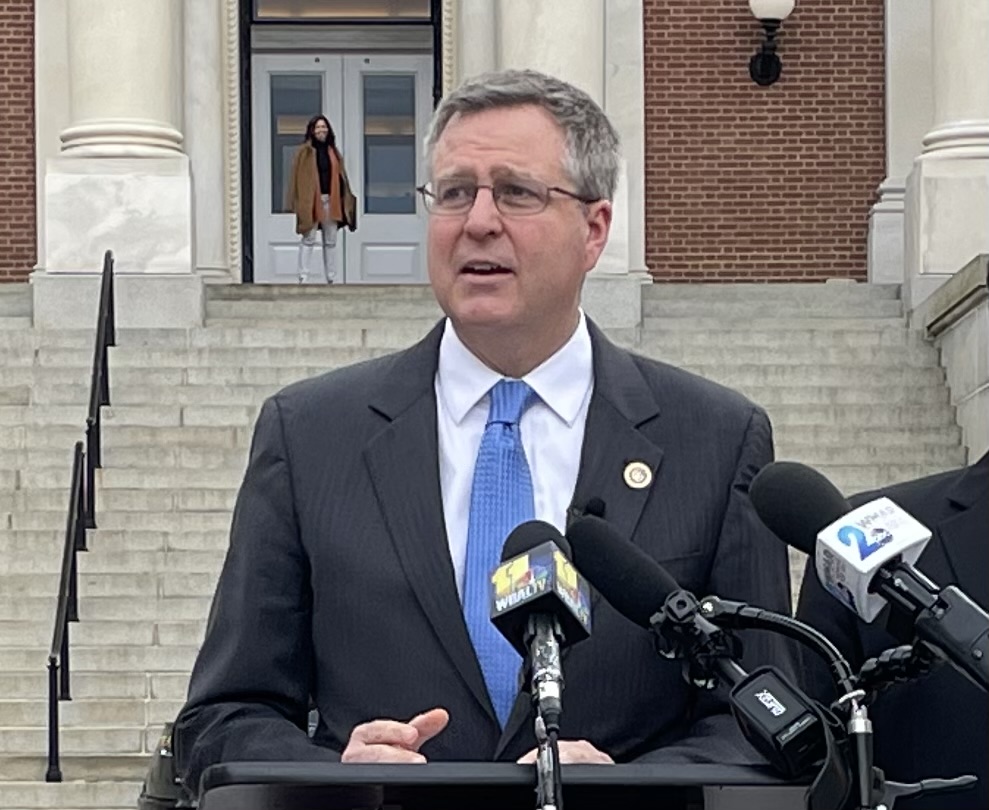Opinion: Remember ’68? Let’s Avoid Mistakes We Made Then

“Every time we turn our heads the other way when we see the law flouted, when we tolerate what we know to be wrong, when we close our eyes and ears to the corrupt because we are too busy or too frightened, when we fail to speak up and speak out, we strike a blow against freedom and decency and justice.” — Robert F. Kennedy
House impeachment, Senate trial, surprising Democratic primaries and a global pandemic that revealed our country’s racial inequities. 2020 will be the year we look back in retrospect, remembering when our nation’s political and social dynamics shifted forever.
What the racial tensions of 1968 and Watergate were to Baby Boomers is what this past year has been to those of us coming of age.
The global pandemic revealed that the old adage “every vote counts” was not a pandering phrase to excite an electorate — or what was left of one. Rather, it was a plea to Americans to understand why civic engagement matters.
The last years of the 2010s is what historians will describe as a time when the nation was lost, arguing turning to yelling, led by a populist that cared more about riling his base than the health of his nation. The 45th president did not create this virus, but his response, or lack thereof, worsened its course of spread in the country.
Gaslighting a public that was already uncertain of which leader to trust, and refusing to take early action to please the laissez faire values of conservatism, is what has led us to a crisis that has caused more mortality in the months of March, April and May than that of Korea, Vietnam and 9/11 combined. The majority of these deaths happened in our Black and Brown communities, already plagued by the ailments of modern poverty and systemic racism.
To cap off the pandemic, the modern-day lynchings of Ahmaud Arbery of Alabama, George Floyd of Minnesota, Robert Fuller of California and too many more to name, showed the American public for the umpteenth time that our Black brothers and sisters continue to be targeted by our nation’s unique pandemic — racism.
On June 6, 1966, Sen. Robert Kennedy gave his Day of Affirmation speech at the University of Cape Town, emphasizing the importance of human freedom and opposition to the oppression of Black and mixed-race South Africans:
“Each nation has different obstacles and different goals, shaped by the vagaries of history and of experience. Yet as I talk to young people around the world, I am impressed not by the diversity but by the closeness of their goals, their desires and their concerns and their hope for the future. There is discrimination in New York, the racial inequality of apartheid in South Africa and serfdom in the mountains of Peru. People starve in the streets of India, a former prime minister is summarily executed in the Congo, intellectuals go to jail in Russia and thousands are slaughtered in Indonesia; wealth is lavished on armaments everywhere in the world. These are differing evils; but they are the common works of man. They reflect the imperfections of human justice, the inadequacy of human compassion, the defectiveness of our sensibility toward the sufferings of our fellows; they mark the limit of our ability to use knowledge for the well-being of our fellow human beings throughout the world. And therefore, they call upon common qualities of conscience and indignation, a shared determination to wipe away the unnecessary sufferings of our fellow human beings at home and around the world.”
In short, Kennedy’s speech underlined that much work toward racial and economic equality remained to be completed at home and abroad.
Two years later, LBJ dropped out of the presidential race, Bobby was killed, and we gave in to a leader who called himself the “law and order” president. Sound familiar? We stopped the progress the country had been making and actively suppressed the civil rights movement. We did not become better; rather we normalized the problems inherent to our system of government.
Now, as we stand at a pivotal moment in history, much like the summer of ‘68, it’s time to remain aware, remain conscious and vote in November. It’s not time for sanctimonious disapproval of one another — a common trend in Democratic Party politics. It is not time to divide ourselves. It is time to come together as a party.
For those of us who are too young to remember the chaotic days of 1968, this is the most important election year of our lives. We definitely do not have our ideal candidate, but it is safe to say that if Donald Trump gets re-elected, there won’t be another chance for a progressive candidate.
Vote like your life depends on it. Vote because the lives of our Black and Brown brothers and sisters depend on it.
— CAMERON ETESSAMI
The writer is a rising senior and entering master’s student at the University of Maryland, College Park School of Public Health.




 Creative Commons Attribution
Creative Commons Attribution